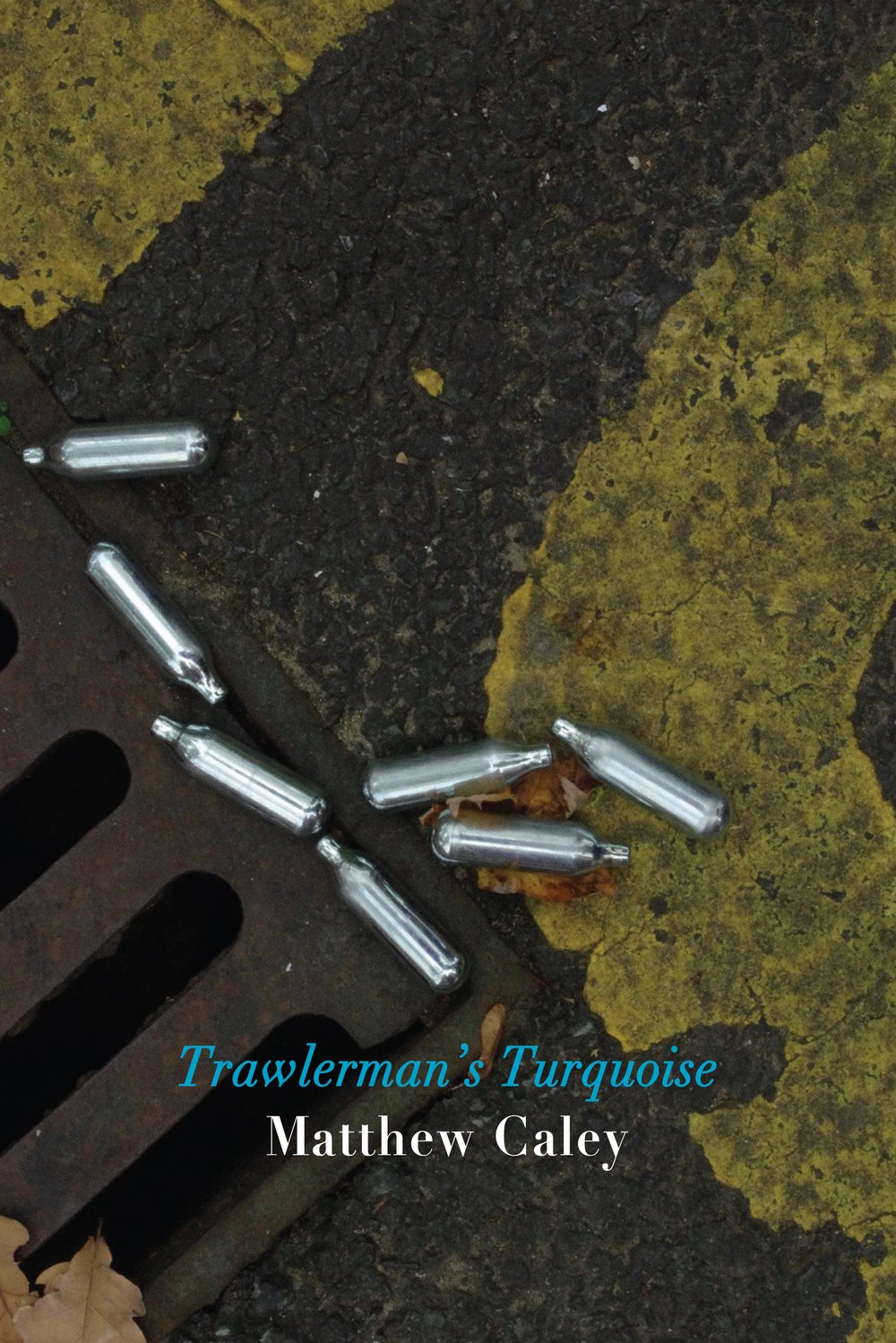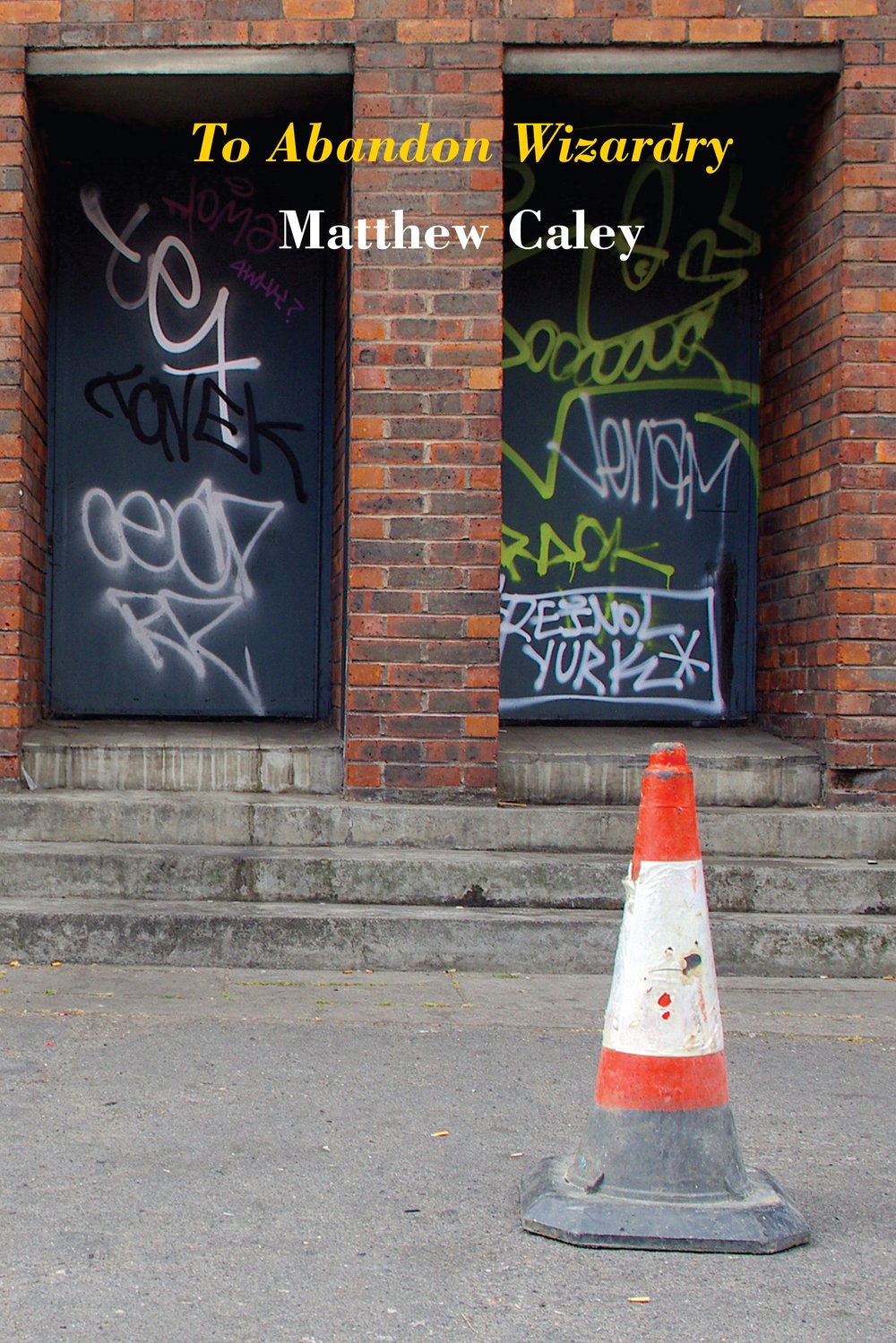Apparently
Every poem in Matthew Caley's "Apparently" begins - or occasionally ends - with the word 'apparently'. In conversation this word usually precedes a scurrilous piece of gossip or hearsay, allowing the speaker to voice what cannot be substantiated, for in our increasingly mediated world, what is "apparent" often has more authority than "what actually is". From this instantly split beginning, a poem might extol glaciers and cult post-punk singers, mishear W.B. Yeats, get drunk, argue with Roman consuls, empathise with Roadrunner, crash several vehicles, chronicle a parallel Proust, or watch Jon Snow lose his equilibrium. There are odes to dead flies, obscure Western actors, Louis Zukofsky and the pancreas. Or are there? It's not that the poems are about these things so much as that these things get caught up in each poem's need to be. Through this can be glimpsed the self fighting the self, desire and darker intimations. Against any notion of "poetic truth" these poems luxuriate in the fabulous lie. Apparently.
Matthew Caley’s Thirst (Slow Dancer, 1999) was shortlisted for the Forward Prize for Best First Collection, and followed by The Scene of My Former Triumph (Wrecking Ball Press, 2005), Apparently (Bloodaxe Books, 2010); his ‘lost second collection, Professor Glass (Donut Press, 2011); and his fifth and sixth collectiosn, Rake (Bloodaxe Books, 2016) and Trawlerman's Turquoise (Bloodaxe Books, due 2019). His work has been included in many anthologies, including Roddy Lumsden’s Identity Parade (Bloodaxe Books, 2010) and John Stammers’ Picador Book of Love Poems. He has also co-edited Pop Fiction: The Song in Cinema with Stephen Lannin (Intellect, 2005). He lives in London with artist Pavla Alchin and their two daughters.



